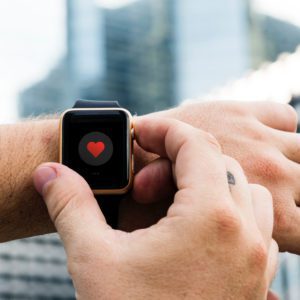We’ve all had those days when we feel a little out of it. You misplace your keys. A joke goes over your head. You sit through a meeting and can’t remember what it was about afterwards. That’s brain fog.
Brain fog happens when your mind is distracted and overwhelmed by stress. As a result, you have less mental energy to focus on the task at hand. You literally don’t have the brain power to support both at the same time. One major cause of brain fog is poor sleep.







